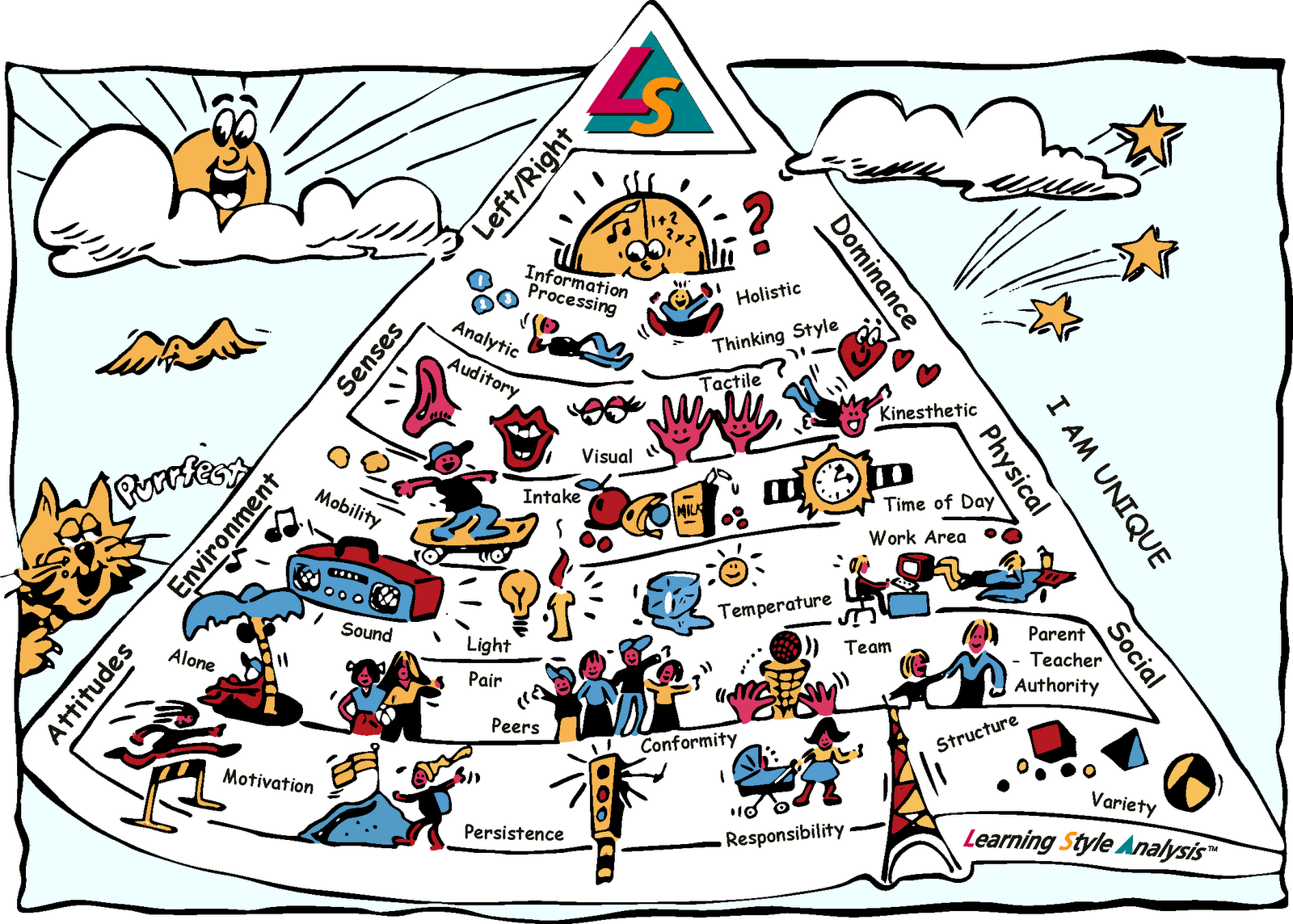What are learning styles and why is it important for parents to know about them?
·
If you ask a child who needs movement to sit still
and memorise a times-table, you’re unlikely to get good results. You would
do far better if you allowed them to walk around or play hopscotch on a
makeshift map of times-tables.
·
Tactile children,
would love to use Koosh balls and learn better by using self-correcting
learning tools (flip chutes, electro boards) and other hands-on
activities.
·
Auditory
children benefit from making tapes of their lessons (either recording their
teachers in class, or reading the material themselves out loud). E.g.,
chanting the times-tables.
·
Kinesthetic
children may make schoolwork more interesting by miming the lesson or staging a
production.
Learning Styles help answer the
following questions:
·
Does your child
like working alone or with a friend?
·
Does your child
like doing homework at the desk or on the sofa?
·
Can they
concentrate on board games, puzzles and maths problems in the morning better
than in the evening?
Discover your child's learning style - today.
